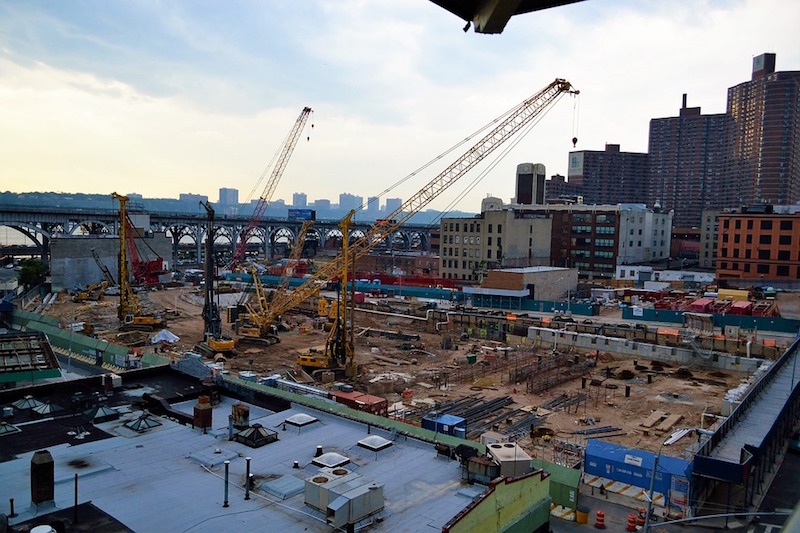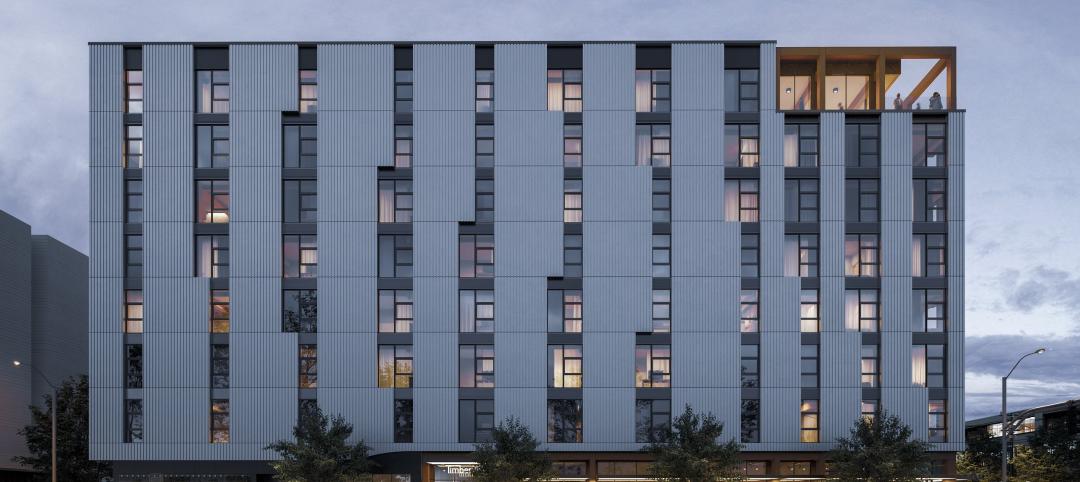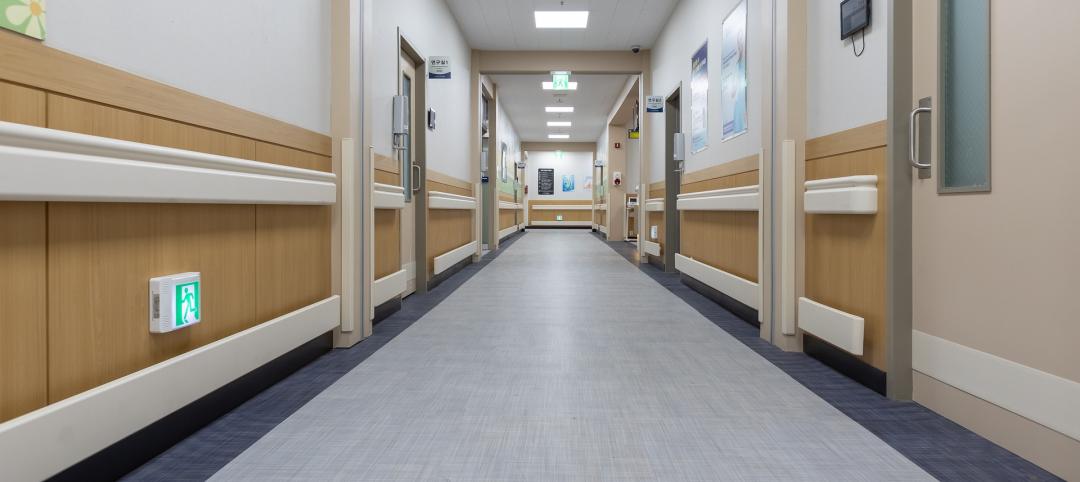Angelo Perrymen, CEO of Perryman Construction, has created his annual list of the top trends that will affect construction in the northeast region in 2018. “As we head into calendar year 2018, we are optimistic, especially in the hotel, pharmaceutical, public projects, and historical renovation," Perryman says. "Although there are mixed signals out there relative to the economy, infrastructure priority and rising interest rates, we are anticipating a positive year.”
Perryman sees the following trends unfolding:
1. More renovation and restoration
Everyone focuses on the new construction around town but we have a lot of great older buildings in need of renovation. Look for the renovation trend restoring the older buildings in Philadelphia.
2. Making education the priority solution to keeping Millennials in the City
Leaders worry about millennials moving to the suburbs. Philadelphia needs less talk and more action prioritizing education quality as a key solution to keeping millennials in the City. Perhaps the hurdle is feeling like we must do it all at once. We don’t. Look at the solution in 3 year segments. Focus on and fix the 3 years from K-2nd grade to start and then advance the program to the next 3 years and so on to match the millennials children getting older.
3. Using our hubs to attract national investment
Philadelphia will continue to organize itself by environments – science center, health, pharma, finance, Pennovation, etc. Leaders should use these hubs to attract national investment.
4. More mixed use buildings to be planned and built
More mixed use buildings will be planned as owners hedge risk by accommodating diverse uses and seeing which will be stronger.
5. More effective construction management techniques to offset potential negatives in the market
2018 should be a good year for construction but there are at least 4 things that can influence costs: energy, imported materials, competition for employees & interest rates. Construction companies that have become better managers will succeed in this environment.
6. More investment from outside the region
Outside investors are starting to realize what great value the Philadelphia region has for their projects. To sustain our skyline of cranes, Philadelphia must create a strong environment for building speculation as other cities have. Key catalysts include friendlier tax climate, more job-focused education opportunities to train our workforce in advance of projects coming in and government support facilitating permits and approvals.
Related Stories
Mass Timber | May 8, 2024
Portland's Timberview VIII mass timber multifamily development will offer more than 100 affordable units
An eight-story, 72,000-sf mass timber apartment building in Portland, Ore., topped out this winter and will soon offer over 100 affordable units. The structure is the tallest affordable housing mass timber building and the first Type IV-C affordable housing building in the city.
K-12 Schools | May 7, 2024
World's first K-12 school to achieve both LEED for Schools Platinum and WELL Platinum
A new K-12 school in Washington, D.C., is the first school in the world to achieve both LEED for Schools Platinum and WELL Platinum, according to its architect, Perkins Eastman. The John Lewis Elementary School is also the first school in the District of Columbia designed to achieve net-zero energy (NZE).
Healthcare Facilities | May 6, 2024
Hospital construction costs for 2024
Data from Gordian breaks down the average cost per square foot for a three-story hospital across 10 U.S. cities.
MFPRO+ Special Reports | May 6, 2024
Top 10 trends in affordable housing
Among affordable housing developers today, there’s one commonality tying projects together: uncertainty. AEC firms share their latest insights and philosophies on the future of affordable housing in BD+C's 2023 Multifamily Annual Report.
Retail Centers | May 3, 2024
Outside Las Vegas, two unused office buildings will be turned into an open-air retail development
In Henderson, Nev., a city roughly 15 miles southeast of Las Vegas, 100,000 sf of unused office space will be turned into an open-air retail development called The Cliff. The $30 million adaptive reuse development will convert the site’s two office buildings into a destination for retail stores, chef-driven restaurants, and community entertainment.
Codes and Standards | May 3, 2024
New York City considering bill to prevent building collapses
The New York City Council is considering a proposed law with the goal of preventing building collapses. The Billingsley Structural Integrity Act is a response to the collapse of 1915 Billingsley Terrace in the Bronx last December.
Student Housing | May 3, 2024
Student housing construction dips in the first quarter of 2024
Investment in college dorms dipped slightly in the first quarter of 2024, but remains higher than a year ago.
Contractors | May 1, 2024
Nonresidential construction spending rises 0.2% in March 2024 to $1.19 trillion
National nonresidential construction spending increased 0.2% in March, according to an Associated Builders and Contractors analysis of data published today by the U.S. Census Bureau. On a seasonally adjusted annualized basis, nonresidential spending totaled $1.19 trillion.
K-12 Schools | Apr 30, 2024
Fully electric Oregon elementary school aims for resilience with microgrid design
The River Grove Elementary School in Oregon was designed for net-zero carbon and resiliency to seismic events, storms, and wildfire. The roughly 82,000-sf school in a Portland suburb will feature a microgrid—a small-scale power grid that operates independently from the area’s electric grid.
AEC Tech | Apr 30, 2024
Lack of organizational readiness is biggest hurdle to artificial intelligence adoption
Managers of companies in the industrial sector, including construction, have bought the hype of artificial intelligence (AI) as a transformative technology, but their organizations are not ready to realize its promise, according to research from IFS, a global cloud enterprise software company. An IFS survey of 1,700 senior decision-makers found that 84% of executives anticipate massive organizational benefits from AI.

















